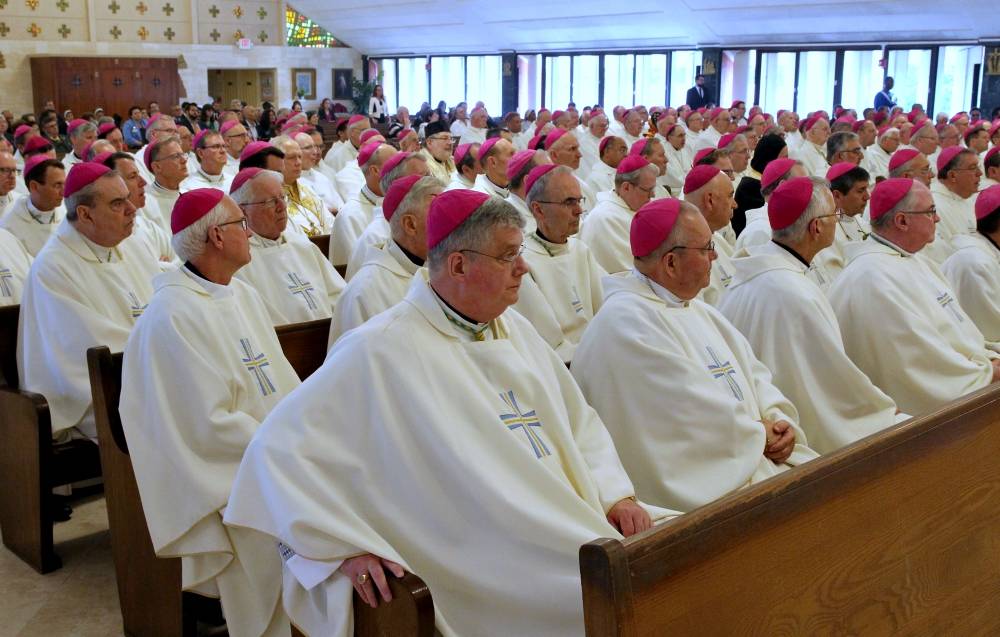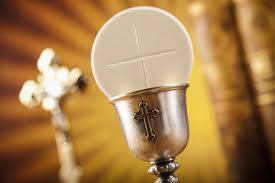CAN A NON-CATHOLIC RECEIVE THE HOLY EUCHARIST
The question of whether a non-Catholic can receive the Eucharist, or the body and blood of Jesus, is a complicated one. In general, the Catholic Church reserves the sacrament of the Eucharist for baptized Catholics who are in a state of grace and have received their First Holy Communion. However, there are certain circumstances under which a non-Catholic may be permitted to receive Communion.
According to Catholic Church law, a baptized non-Catholic may receive Communion under certain conditions. For example, if they are in danger of death and have no access to a minister of their own denomination, or if they are in a state of grace and share the Catholic Church's belief in the Real Presence of Jesus in the Eucharist.
The Catholic Church recognizes that there are other Christian denominations who also believe in the Real Presence of Jesus in the Eucharist, such as the Eastern Orthodox Churches. In some cases, these non-Catholic Christians may be permitted to receive Communion in a Catholic Church, although this is a decision that is left to the discretion of the local bishop or priest.
It is important to note that the Catholic Church views the sacrament of the Eucharist as a sign of unity among Catholics. Non-Catholics who receive Communion in a Catholic Church are generally encouraged to do so only in exceptional circumstances, and only if they understand and respect the Catholic Church's teachings on the Eucharist.
If a non-Catholic wishes to receive Communion in a Catholic Church, they should speak with the local priest or bishop beforehand to discuss their situation and whether or not they are eligible to receive the sacrament. The priest or bishop may ask the non-Catholic to make a profession of faith in the Catholic Church's teachings on the Eucharist before receiving Communion.
Ultimately, the decision to allow a non-Catholic to receive the Eucharist is at the discretion of the priest or bishop presiding over the Mass. It is important to respect the Catholic Church's teachings on the Eucharist and to approach the sacrament with reverence and humility.




No comments yet
Be the first to share your thoughts!